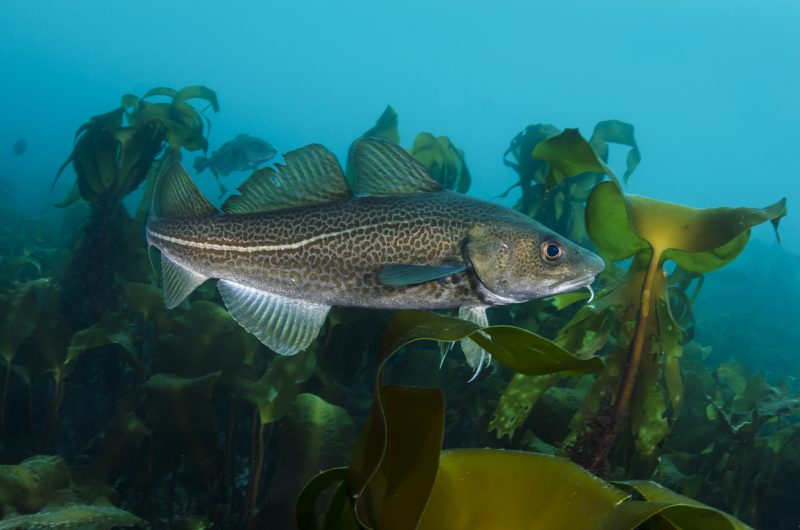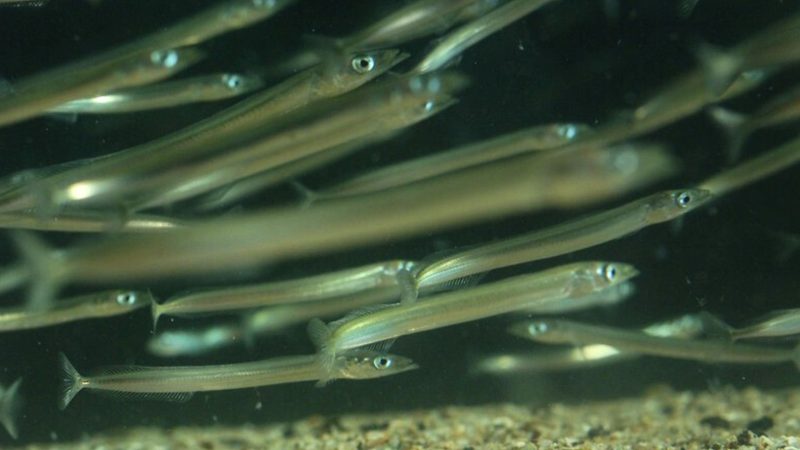BLUE has unveiled plans to transplant ten million oysters to the Solent to revive its once thriving fishery in a project backed by Sir Ben Ainslie.
The strait that separates the Isle of Wight from mainland England once supported the biggest fishery of native oysters in Europe.
Leading a coalition of stakeholders made up of fishermen, marine experts, local authorities, scientists and conservationists, BLUE is raising money to purchase 10 million hatchery-reared juvenile oysters to re-seed oyster beds and increase the coverage of oysters in the Solent by 2020 with the long-term aim of enabling the sustainable harvesting of oysters.
BLUE has already seen early signs of success with a complementary technique, suspending cages of oysters under rafts in marinas can enhance the amount of oyster juveniles or ‘spat’ reaching the oyster beds. Marinas participating in the scheme include – including at Sir Ben Ainslie’s Land Rover-sponsored America’s Cup base.
Charles Clover, executive director of BLUE, said: “We are now ready to go a stage further. The coalition has researched and developed a rigorous 5-year plan for oyster re-introduction. And we now seek contributions towards the £250,000 needed to re-seed ten million juvenile native oysters in the Solent.
‘We are in talks with a number of local and national corporations who are keen to play their part in helping restore the Solent back to its former glory. It’s an incredibly exciting project to be involved in and one which is generating lots of interest both in the UK and overseas’.
The Solent’s oyster fishery, which dates back to Roman times, was the largest fishery in Europe for the native oyster, Ostrea edulis, as recently as 1978. Until then, up to 450 boats were catching oysters in the Solent and adjacent inshore waters between Weymouth and Chichester, employing more than 700 men at sea and landing up to 15 million oysters a year.
However, this level of fishing turns out to have been unsustainable, and, together with the effects of invasive species and disease, it eventually led to a collapse in numbers and the closure of the fishery in 2013. That ban remains in place two years on.
The native oyster has been identified as one of the most threatened species that requires conservation action at the national level – and is classified as a priority species in the UK Biodiversity Action Plan.
Oysters provide significant benefits to the marine ecological services environment. Oysters improve water quality by filtering large volumes of water (a single native oyster can filter up to 200 litres of water a day).
Oysters also provide a habitat and rich food source for marine life and increase the productivity of the ecosystem. Restoring the oyster would therefore significantly improve the environmental conditions needed to support the Solent’s waterways – already surprisingly rich in biodiversity (its waters support migratory salmon and sea trout, and its natural harbours act as critical nursery areas for bass).
The project will start to provide a number of benefits for the local community. By improving the marine conditions, the restoration of oyster habitats could help to boost some fish stocks and enhance the livelihoods of local fishermen.
One of the project’s long-term aims is to ensure a sustainable supply of oysters for harvesting. This will help re-establish an important strand of the economy on the south coast, as fishermen would be able to harvest and sell their oysters to local restaurants, hotels and the wider food industry.
Finally, the oyster’s ability to filter water will contribute to cleaner and clearer water for the enjoyment of those using the Solent for recreational activities.
Image by: Alex Palmer


















